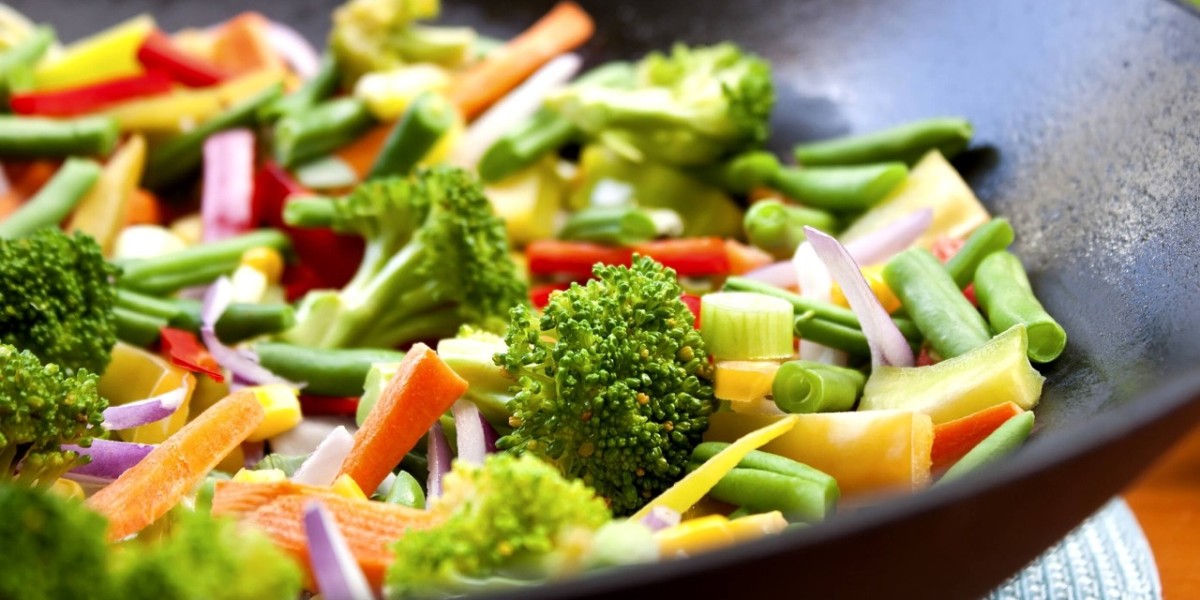In a world increasingly focused on mindful living, what we eat has become just as important as how we live. Vegetarian dishes have become a cornerstone of this movement—not just for health reasons, but as a celebration of sustainability, cultural richness, and the simple joy of cooking with real, whole foods.
Understanding the Vegetarian Plate
At its core, a vegetarian diet is centered around plants—vegetables, fruits, grains, legumes, nuts, and seeds—with the optional inclusion of dairy and eggs. But don’t let the simplicity fool you. The beauty of vegetarian dishes lies in their creativity and diversity. A vegetarian plate can be hearty or light, spicy or mild, traditional or entirely new.
Vegetarian cooking isn’t about restriction—it’s about reimagining your meals with fresh, flavorful, and satisfying ingredients.
The Global Roots of Plant-Based Cuisine
Many ancient cultures have relied on plant-based diets for generations—not out of trend, but out of tradition and resourcefulness. For example:
Middle Eastern cuisine is known for its hummus, falafel, and tabbouleh.
Ethiopian meals feature injera (a spongy flatbread) with rich lentil stews and sautéed greens.
Buddhist and East Asian diets emphasize tofu, miso, and seasonal vegetables prepared with balance in mind.
Italian cooking celebrates ingredients like tomatoes, eggplant, and fresh basil in dishes like pasta alla norma or margherita pizza.
These culinary traditions offer a treasure trove of vegetarian inspiration.
Health Benefits That Go Beyond the Plate
Vegetarian dishes are typically packed with fiber, antioxidants, vitamins, and healthy fats. Regularly enjoying them can contribute to:
Lower cholesterol and improved heart health
Better digestion and gut health
A reduced risk of chronic diseases
More energy and mental clarity
Even incorporating just a few plant-based meals each week can make a noticeable difference in your overall well-being.
Easy Vegetarian Dishes to Add to Your Routine
If you’re ready to explore vegetarian cooking, start with dishes that are simple, balanced, and flavorful. Here are a few beginner-friendly ideas:
Chickpea Salad Sandwiches – A vegetarian take on tuna salad, perfect for lunch.
Stuffed Zucchini Boats – Filled with quinoa, veggies, and cheese.
Vegetable Fried Rice – Great for using up leftovers and full of flavor.
Butternut Squash Soup – Smooth, comforting, and perfect for cooler evenings.
Tofu Stir-Fry – Crispy tofu with colorful vegetables in a soy-ginger glaze.
The Joy of Cooking Vegetarian
One of the greatest joys of vegetarian cooking is how hands-on and seasonal it feels. You get to reconnect with your ingredients—chopping fresh herbs, roasting vegetables, stirring a simmering pot of lentils. It’s a slower, more intentional form of nourishment.
Final Thoughts
Vegetarian dishes offer more than just a way to eat—they offer a new way to live. Whether you're aiming for a healthier lifestyle, looking to reduce your environmental footprint at foodvlove, or simply wanting to try something new in the kitchen, vegetarian meals are a delicious place to start.
Take it one dish at a time, explore new flavors, and most importantly—enjoy the journey.


